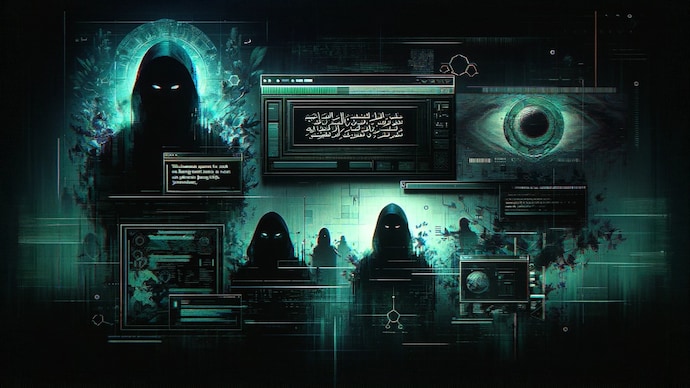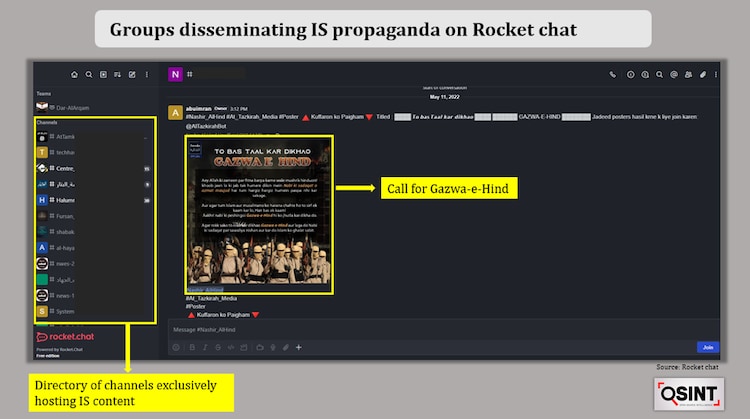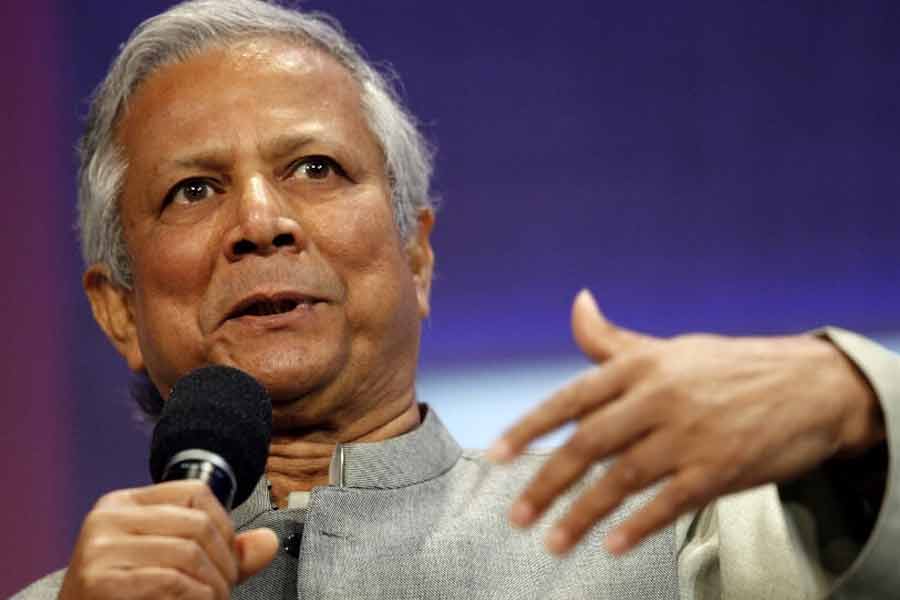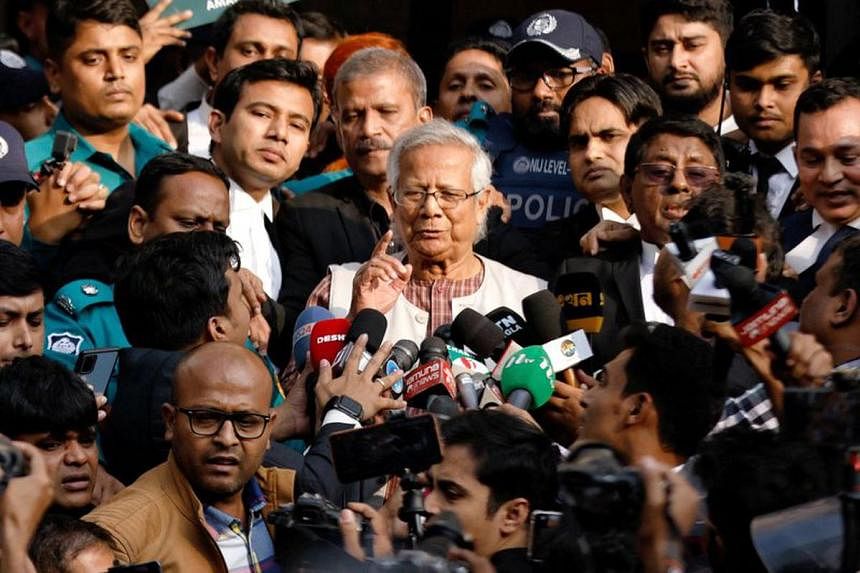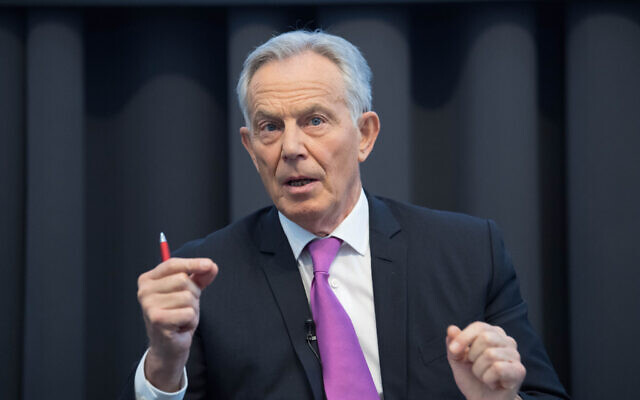
Jan 2, 2024
WASHINGTON, DC/CAMBRIDGE – Democracies around the world face two major threats: a crisis of legitimacy, and increasingly aggressive authoritarian regimes. What links both and makes them much more dangerous is the pernicious effect of dark-money transfers, particularly those that pass through offshore tax havens and jurisdictions with excessive financial secrecy. Restricting these tax havens and requiring more transparency on cross-border financial flows should become a major policy priority for all G7 countries in 2024.

To Fight Populism, Invest in Left-Behind Communities
DIANE COYLE explains how new and improved public amenities can sustain narratives that help boost GDP growth.
The internal threat to democracy is an erosion of legitimacy. In industrial economies such as the United States and Europe, new technologies, rising cross-border capital flows, and lower barriers to trade increased average productivity and created economic growth over the last half-century, but the benefits of this growth were not widely shared. Inequality within these countries has increased dramatically since the mid-1970s, with millions of people now feeling they have been left behind.
Support for democracy is undermined by the belief that the economic game is “rigged,” with people who are already powerful and privileged gaining the most – sometimes at the expense of the rest. While this belief may be exaggerated, it accords with the reality of tax evasion.
Tax havens allow rich people not only to build their wealth essentially tax-free, but also to exercise economic and political power away from prying eyes and without any accountability. One list of tax havens includes among its top ten both small Caribbean states and widely-respected countries such as British overseas territories (British Virgin Islands, Bermuda, and the Cayman Islands), the Netherlands, Switzerland, Luxembourg, Singapore, and the United Arab Emirates.
The US and the United Kingdom are also complicit. Their financial secrecy rules allow an extraordinary amount of foreign (and illicit) money to find shelter (the US tops this Financial Secrecy Index).
A multibillion-dollar industry has emerged, employing some of the world’s brightest lawyers, accountants, and consultants, focused on helping the wealthy and the unscrupulous. Tax havens are particularly useful for people who have ill-begotten wealth derived from bribes, theft, and other forms of corruption. Being able to hide the identity of parties in any financial transaction is a key requirement to operating a successful haven.
This form of financial engineering corrupts democracy. Even worse, it exacerbates the second major threat we face: the strengthening of authoritarian regimes. Dark offshore money makes it easier to support candidates, manipulate public opinion, and persuade people to vote for a dictator.
The dark money of the Russian oligarchs has long been a mainstay of the country’s economy and political system. President Vladimir Putin’s close relationships with sources of dark money has been well documented.
Less widely appreciated is the way that non-transparent transactions have allowed the Chinese government to construct a vast global empire of influence. We are only now beginning to see how much low-income countries, especially in Africa, owe to various Chinese-backed entities. Relatedly, the Communist Party of China has reportedly “invested billions of dollars” in global disinformation around the world. This includes efforts focused on recent (and likely future) US elections.
It has also become painfully apparent that a large amount of money flows from Iran to organizations such as Hamas in Gaza, Hezbollah in Lebanon, and the Houthi forces in Yemen that are now raining down missiles on commercial ships in the Red Sea. Almost all this Iranian funding moves through dark channels, including (according to US authorities) entities in Turkey and Yemen.
Shutting down these channels would be difficult, but the most effective way to fight dark money – and its financing of authoritarianism, criminality, and terrorism – would be to clamp down on the dozens of tax havens that exist around the world. Doing so would strengthen tax collection in democracies and reduce the resources available to authoritarian regimes.
Ironically, several of these tax havens are at risk from climate change and are demanding international assistance to deal with potential sea-level rise and more damaging storms. If these island states and other jurisdictions wish to participate in fair and reasonable adjustment mechanisms (such as climate-related finance or debt relief), funded in part by the G7, they need to comply with increased transparency requirements.
One key element must be an extension of “know your customer” rules to all these jurisdictions, backed up by appropriate criminal penalties. Specifically, there needs to be full disclosure to G7 tax authorities regarding who owns what assets and who makes which payments to whom.
Alas, some tax evasion is legal, owing solely to the lobbying power of the ultra-wealthy and powerful consultants and accountants, who will no doubt argue that productive businesses will move elsewhere if loopholes are closed. This should be countered with a simple principle that should be shared across the G7: business profits are taxed in proportion to where sales occur.
For example, if you move your headquarters (or ownership of intellectual property) to another country, you should still pay tax in the US based on your business activities in the US. The G7 agreement on a global minimum corporate tax was a step in the right direction here, but there is a lot more to be done.
In the age of artificial intelligence, we should expect many of the rich to become considerably richer. They will also presumably use AI tools to dodge taxes more effectively. Under current international arrangements, this will be easy to do. However, AI can also help uncover tax evasion and avoidance, as well as unusual money flows, which are often illicit.
For tech barons who continuously talk about using AI for good, here is a challenge: support the quick rollout of new AI-based tools for clamping down on tax evasion and tax havens.

SIMON JOHNSON
Writing for PS since 2007
Simon Johnson, a former chief economist at the International Monetary Fund, is a professor at the MIT Sloan School of Management, a co-chair of the COVID-19 Policy Alliance, and a co-chair of the CFA Institute Systemic Risk Council. He is the co-author (with Daron Acemoglu) of Power and Progress: Our Thousand-Year Struggle Over Technology and Prosperity (PublicAffairs, 2023).
DARON ACEMOGLU
Writing for PS since 2012
Daron Acemoglu, Institute Professor of Economics at MIT, is a co-author (with James A. Robinson) of Why Nations Fail: The Origins of Power, Prosperity and Poverty (Profile, 2019) and a co-author (with Simon Johnson) of Power and Progress: Our Thousand-Year Struggle Over Technology and Prosperity (PublicAffairs, 2023).
How banned terror outfits TRF, Al-Qaeda & IS exploit secret internet forums
The Resistance Force (TRF) – an offshoot of Pakistan’s Lashkar-e-Taiba (LeT) which has been behind a spree of targeted killings and attacks in Kashmir – has shifted its digital operations to less regulated platforms and forums.
